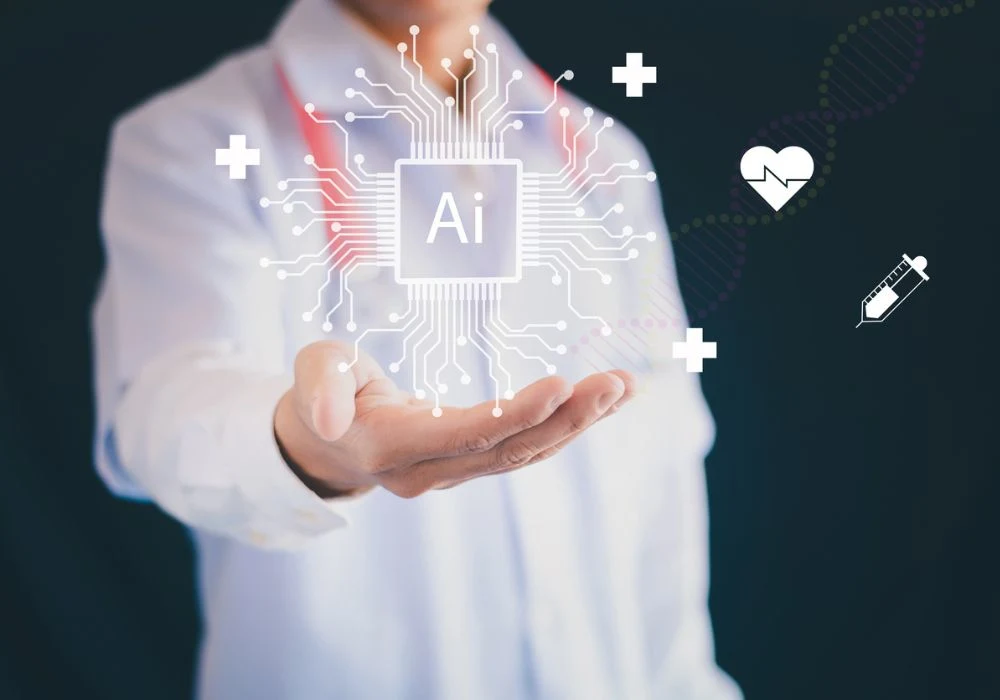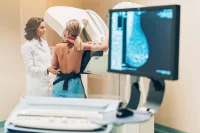Artificial intelligence is already making strides in UK healthcare, particularly in radiology, yet a significant proportion of the public remains unaware of its presence and potential. A national survey conducted by J.L. Partners for the Royal College of Radiologists (RCR) reveals that fewer than half of British citizens are aware of AI being used in the NHS. Despite this, familiarity with AI correlates strongly with acceptance, highlighting the importance of increased public engagement. As the NHS grapples with growing demand and persistent workforce shortages, building trust and transparency around AI will be vital in transforming healthcare delivery.
Understanding Public Perceptions of AI in Healthcare
The survey results offer a nuanced view of public attitudes towards AI in the NHS. While there is widespread support for AI applications that assist clinicians, particularly in radiology, the notion of AI replacing human doctors is met with considerable scepticism. The general comfort level with AI in healthcare sits at 40%, but this rises to 76% among those highly familiar with the technology. This disparity underscores the impact of awareness and education in shaping public trust.
Must Read: Patient Trust in AI for Mammogram Screening
The public is especially supportive of AI in diagnostic radiology, with four in five people endorsing its use in this field. Despite only two in five feeling comfortable with AI more broadly, the specific application of AI in radiology commands high approval, showing a clear distinction between abstract concepts of AI and its real-world benefits. The findings also indicate a strong public desire for clinicians to retain control over AI use, ensuring accuracy, maintaining doctor-patient interaction and safeguarding data. People are far more confident when their data is handled by trusted NHS entities rather than external or commercial organisations.
AI as a Solution to NHS Workforce Pressures
AI presents a strategic solution to the critical staffing shortfalls plaguing the NHS, especially in radiology, where there is an enduring 30% deficit. This shortage hampers timely diagnosis and treatment, compounding pressure on already stretched services. The RCR and clinical leaders assert that AI adoption is not just a technological upgrade but a necessity for the sustainability of healthcare delivery.
Far from replacing clinicians, AI can relieve administrative and analytical burdens, allowing professionals to devote more time to patient care. In fact, AI tools are already operational in over 60% of cancer centres and 70% of radiology departments. These implementations show that AI can enhance rather than diminish human-led healthcare. By accelerating scan analysis, streamlining workflows and reducing diagnostic delays, AI is set to play a supportive yet transformative role.
Public Engagement as a Prerequisite for AI Success
The link between familiarity and acceptance of AI underscores the urgent need for a national conversation. The success of AI integration in the NHS hinges on clear, transparent communication about how the technology works, what it can do and who is responsible for its use. Crucially, this engagement must be led by clinicians, who are most trusted by the public to oversee AI systems.
Building trust means more than technical assurance; it involves listening to patient concerns, addressing fears about data misuse and demonstrating that AI will enhance, not replace, the human element of care. The RCR, representing doctors at the forefront of AI integration, is well-positioned to lead this dialogue. Clinician-led communication can bridge the knowledge gap, align expectations and ensure AI tools are implemented ethically and effectively.
AI has the potential to transform NHS services deeply by alleviating workforce pressure, accelerating diagnostics and improving patient outcomes. However, the benefits of AI can only be realised if the public is brought on board. The survey findings make it clear: trust in AI grows with understanding and trust in healthcare begins with doctors. For AI to fulfil its promise in the NHS, it must be introduced with transparency, clinician oversight and strong public engagement. Only then can the technology truly serve patients and support a future-fit health service.
Source: Royal College of Radiologists
Image Credit: iStock










